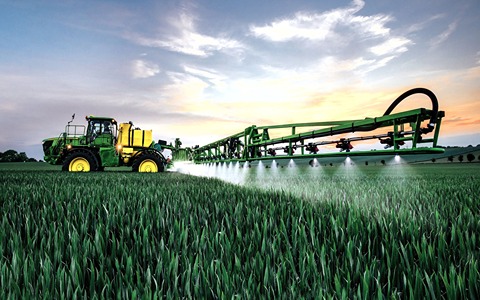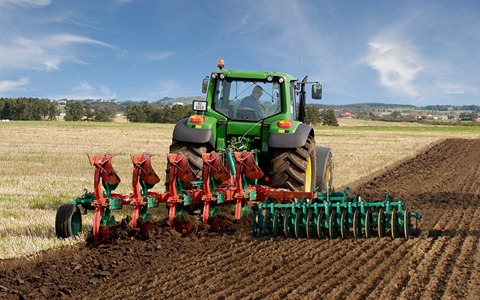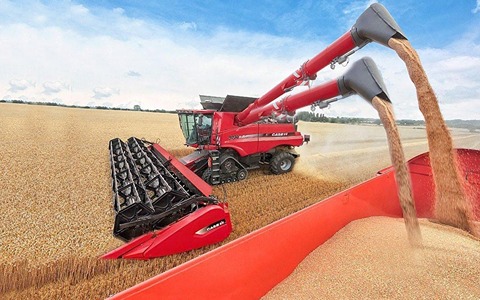In recent years, the agriculture industry has undergone a significant transformation.
Thanks to the advancements in technology, modern machines have revolutionized the way farmers work, increasing productivity, efficiency, and sustainability.
These cutting-edge machines have proven to be game-changers in various aspects of agriculture, from planting and harvesting to monitoring and managing crops.
In this article, we will explore some of the most remarkable modern agriculture equipment.

One of the key machines in modern agriculture is the GPS-guided tractor.
Equipped with advanced GPS systems, these tractors can navigate fields with utmost precision, resulting in optimal seed and fertilizer placement.
This not only ensures healthier crops but also reduces wastage and environmental impacts.
Additionally, GPS-guided tractors can perform tasks autonomously, freeing up farmers' time to focus on other critical aspects of their operations.
Planting and seeding have also become more efficient with the introduction of precision seeders.
These machines use innovative technologies to ensure accurate seed placement at the desired depth and spacing.
By precisely placing seeds, farmers can achieve better crop establishment, uniformity, and ultimately higher yields.
Precision seeders can also enable variable-rate seeding, where different seed rates are used across the field based on soil variability, leading to optimized plant populations and minimized input costs.

Another revolutionary machine in agriculture is the combine harvester.
Modern combine harvesters are equipped with advanced sensors, cameras, and GPS systems, allowing farmers to monitor harvest quality and yield in real-time.
These machines are capable of collecting a vast amount of data, which can be analyzed to make informed decisions for future crop management strategies.
Furthermore, combine harvesters can automatically adjust settings based on field conditions, optimizing the harvesting process and reducing losses.
Irrigation is another area where modern machines have made significant contributions.
Drip irrigation systems have gained popularity due to their efficiency in delivering water directly to the plant's roots, reducing water wastage.
Modern drip irrigation systems can be monitored and controlled remotely, allowing farmers to adjust water application based on real-time weather conditions and crop needs.
This not only conserves water but also improves crop health and minimizes weed growth.

In recent years, unmanned aerial vehicles (UAVs) or drones have become valuable tools in agriculture.
Drones equipped with high-resolution cameras and sensors can quickly capture detailed images of fields, providing farmers with valuable insights into crop health, pest infestations, and nutrient deficiencies.
This information enables timely intervention and precise application of agrochemicals, reducing the overall use of inputs and improving sustainability.
Lastly, data-driven farming has gained momentum with the advent of modern machines.
Software systems, integrated with sensors and other agricultural machinery, collect and analyze data on soil moisture, temperature, nutrient levels, and weather conditions.

This data helps farmers make informed decisions, improving resource management and optimizing crop production.
Overall, modern machines have brought a revolution in agriculture, transforming traditional farming methods.
From GPS-guided tractors to precision seeders, combine harvesters, drip irrigation systems, drones, and data-driven farming, these technological advancements have enhanced productivity, efficiency, and sustainability in agriculture.
As the industry continues to evolve, it is crucial for farmers to embrace these modern machines to maximize their potential and thrive in the ever-changing agricultural landscape.
